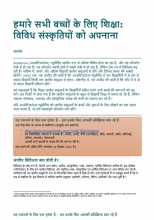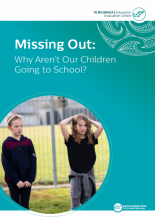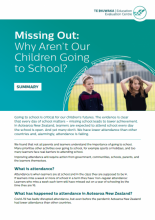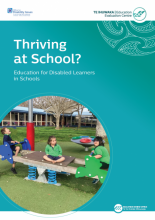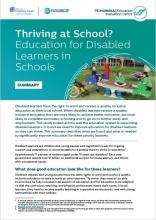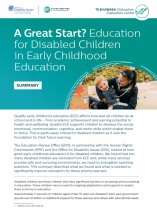हमारे सभी बच्चां के लिए लर्क्षा: लिलिध सांस्कृलियचां कच अपनाना
यह महत्वपूर्त है टक टशक्षा जात़ीय समुदायोों के टिद्याटर्थतयोों सटहत हमारे सभ़ी बच्ोों क़ी जरूरतोों को पूरा करे। इस ररपोित में पाया गया है टक जात़ीय समुदायोों के बहुत से टिद्यार्थी टशक्षा में सफल हो रहे हैं, लेटकन व्यापक नस्लिाद, अलगाि और साोंस्कृटतक समझ क़ी कम़ी का सामना कर रहे हैं।
